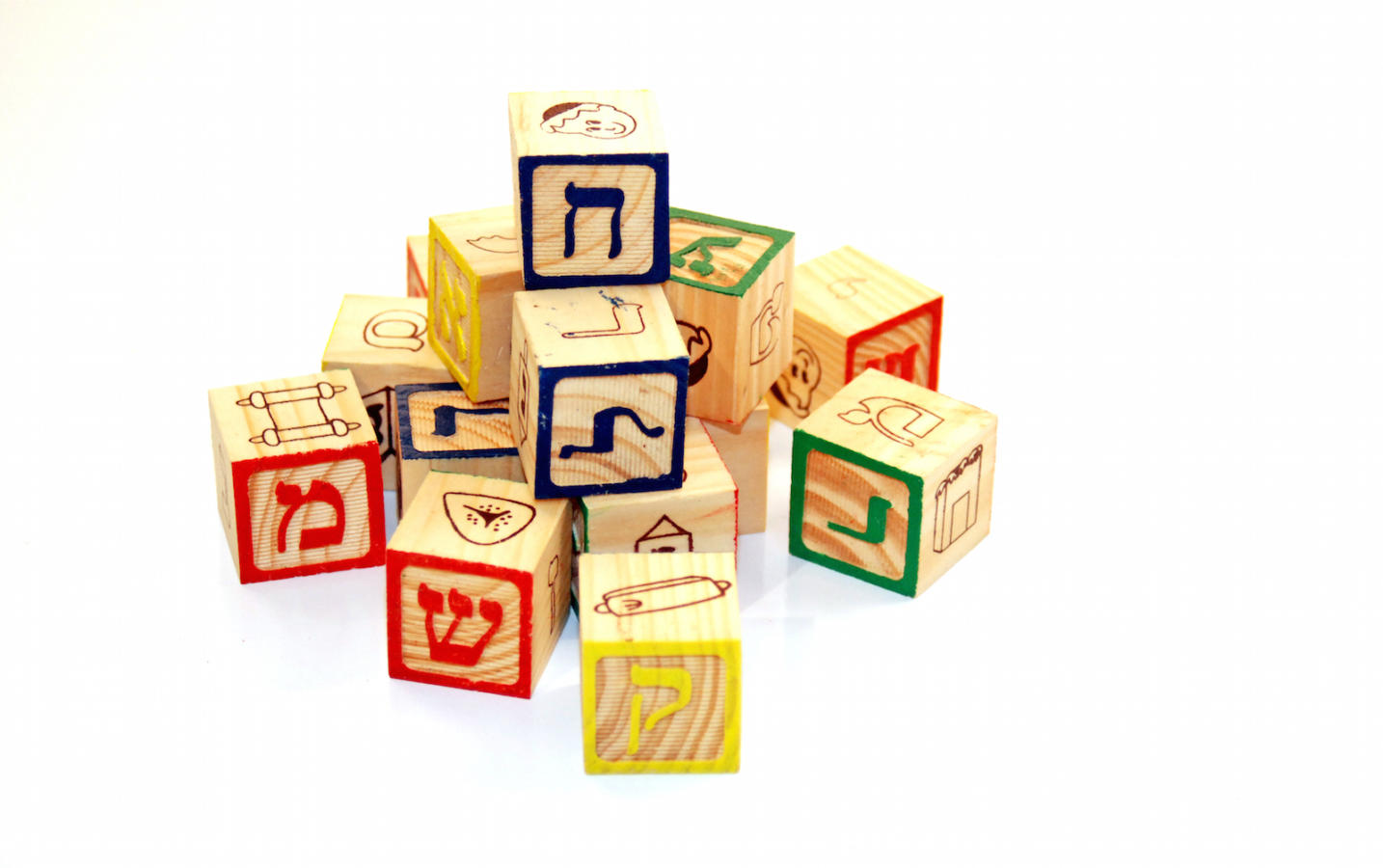Converts have always selected Hebrew names that speak to them personally; Ruth has long been a favorite for obvious reasons. [Ruth, the grandmother of King David, is perhaps the Bible’s best-known convert.] Most converts choose a biblical name. There are 2,800 personal names in the Hebrew Bible, and although fewer than 5 percent of those are in current use, all of them are yours to consider.
Biblical and Modern Israeli Names
Many of the names in the Bible are theophoric, meaning that they exalt God. Names with the prefixes or suffixes el, eli, ya, and yahu all refer to the Holy One: Elisha–God is my salvation; Raphael–God has healed; Gamliel–God is my reward.
Others describe the circumstances of birth or a person’s historical role. Chava, Hebrew for Eve, comes from the root word for “life,” chai. The name Isaac comes from the word for “laughter” because his mother laughed to learn she would bear a child at her advanced age. The Bible also contains many names that refer to the natural universe: Deborah–bee; Jonah–dove; Tamar–palm tree. Many modern Israeli names continue this tradition: Tal and Tali–dew; Alon or Alona–oak; Oren–fir tree.
READ: Check Out Our Jewish Name Finder

Help us keep Jewish knowledge accessible to millions of people around the world.
Your donation to My Jewish Learning fuels endless journeys of Jewish discovery. With your help, My Jewish Learning can continue to provide nonstop opportunities for learning, connection and growth.
The lexicon of Hebrew names was not handed down from Mount Sinai; it has grown and changed throughout history and in response to local customs and fashions. Take, for example, the quintessentially Jewish name Esther, which is Persian in origin and shares its root with the fertility goddess, Ishtar. When the state of Israel was founded, in 1948, scores of new Hebrew names were invented and many old ones reclaimed. Your rabbi should be able to provide you with guidance, lists, even suggestions. Once you find one or two names that you especially like, you might ask the rabbi to help you find some texts about the biblical character or name you’ve selected.
Be Inspired by Your English Name
But you may not have to look any further than your own given name for inspiration. Some names translate beautifully. Regina or Gina, which means “queen,” can give rise to Malka, which also means “queen.” If your parents named you David, David (pronounced “Dah-veed“) can be your Hebrew name as well. The biblical precedent for this practice is clear: Ruth did not change her name.
Many converts follow the contemporary American custom of selecting a Hebrew name based on the initial letter or sound of their English name. Thus, Robert chooses Reuben, and Mary selects Miriam. But don’t feel obligated by an accident of the alphabet. Since Jewish babies are usually named after parents or grandparents, some converts choose a name to honor someone in their own lives. Some rabbis feel strongly that the person you honor should be a Jewish teacher or mentor, or even a historical figure you find inspiring.
But there’s no rule that you have to find an orthographic or historical connection between your name and your Hebrew name. This is an area of Jewish practice where there are few rules or customs, so find a name that feels right and has meaning for you. And you needn’t limit yourself to just one name; it is increasingly common to choose two or even three. It sounds very impressive to be called to the as Sarah Ora Hadass bat v’Sarah.
Excerpted with permission from Choosing a Jewish Life: A Handbook for People Converting to Judaism and for Their Family and Friends (Schocken Books).



